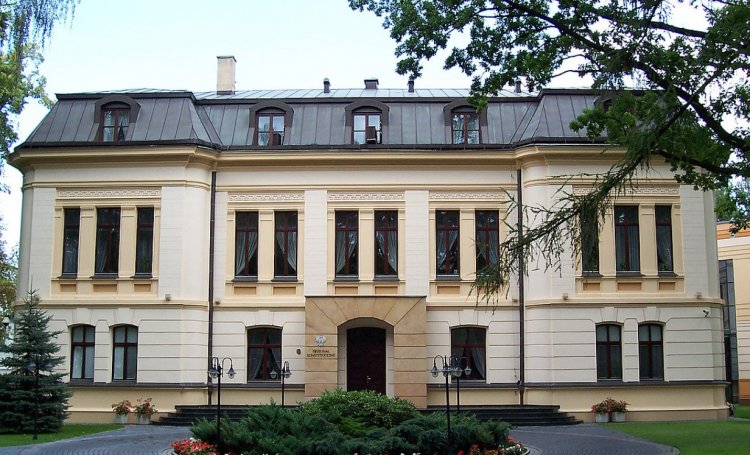The European Court of Human Rights ruled against Poland, stating an NGO’s access to the diaries of two judges violated Article 10 of the Convention.
NGOs’ Right to Receive and Impart Information: The European Court of Human Rights Rules Against Poland








Comments